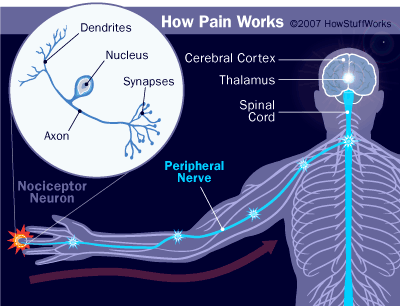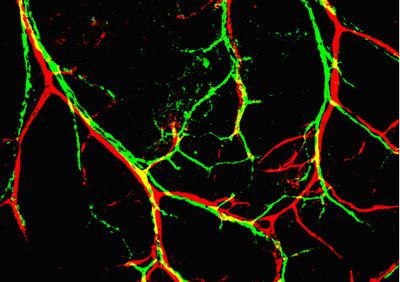In the last 20 years, the range of generally accepted medical therapies has expanded well beyond the traditional routes of pharmaceuticals, surgery and other conventional treatments. Western medicine, once wary of the value of therapies like massage and meditation, has begun to embrace them as complements to traditional medicine. Countless hospitals now offer programs in meditation as part of their general patient care. According to a study published in the Journal of the American Medical Association in 1997, more than 100 million Americans sought out nonconventional therapies like meditation, hypnosis and chiropractic care in that one year [source: CNN].
A new type of medicine, termed integrative medicine, combines traditional and complementary techniques into a comprehensive medical approach that addresses illness and injury from a broad perspective. Meditation, which dates back thousands of years to ancient cultures all over the East, is one of the stars of this new approach. Its scientifically proven effects on physiology are startling. Buddhist monks have been shown to redirect their body heat through meditation, so that in freezing cold weather, they actually emit heat instead of warming their bodies from the inside [source: TIME].
Advertisement
While few people are at the meditative level of Buddhist monks, those who practice meditation on a regular basis display some pretty amazing physical changes. The concept behind Buddhist meditation is something called mindfulness, or restful alertness. Mindfulness is the state of being entirely in the moment, entirely aware, with a quiet, focused mind. In this state, in addition to experiencing a sense of great calm, bodily processes slow down and more easily respond to the mind's wishes. If the mind's wishes are that the body experience a searing pain as "warm" instead of "burning," a technique used in the guided imagery practice of meditation, that just may happen over time.
What we're talking about is an integral mind-body connection that many of us believe in but few of us experience in such a clear-cut way. While no one is sure exactly why meditation works to reduce pain, it's fairly obvious that it does. On the next page, we'll explore why that might be.
Advertisement



